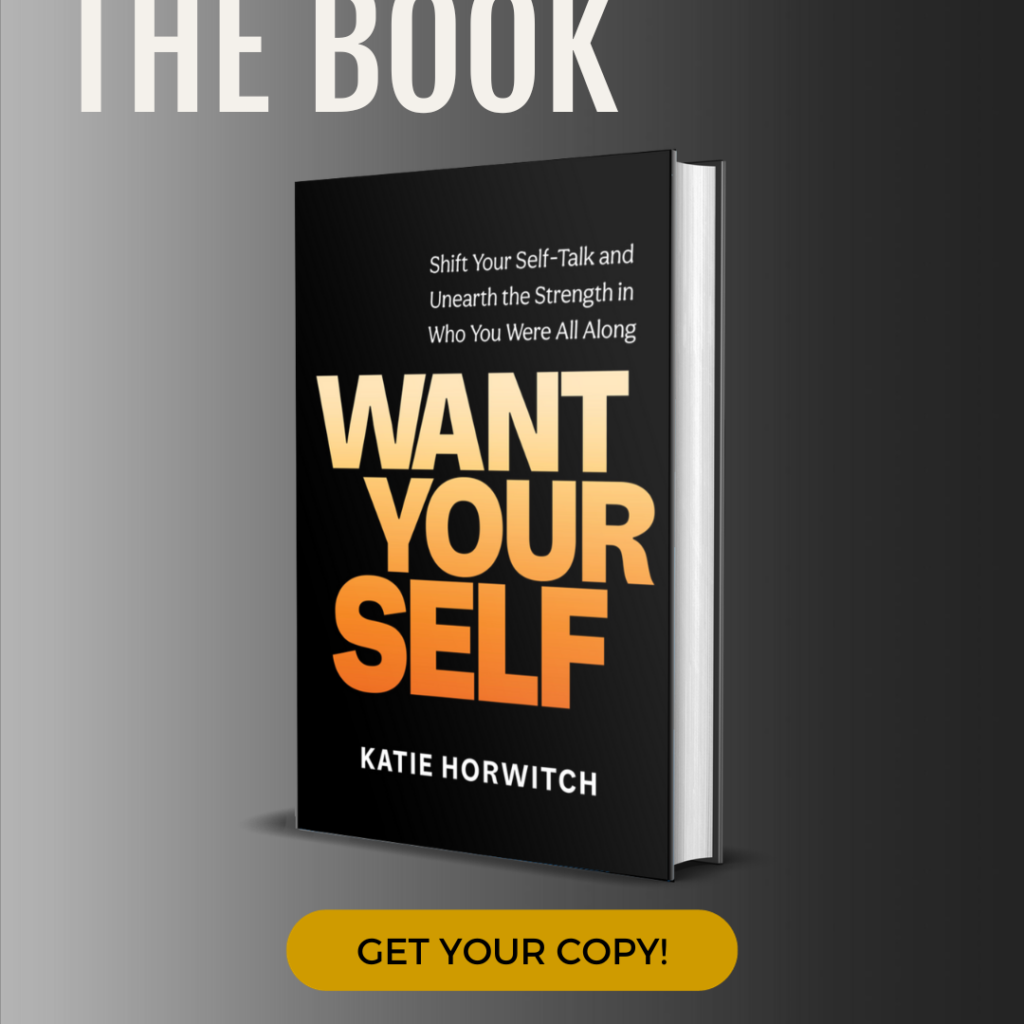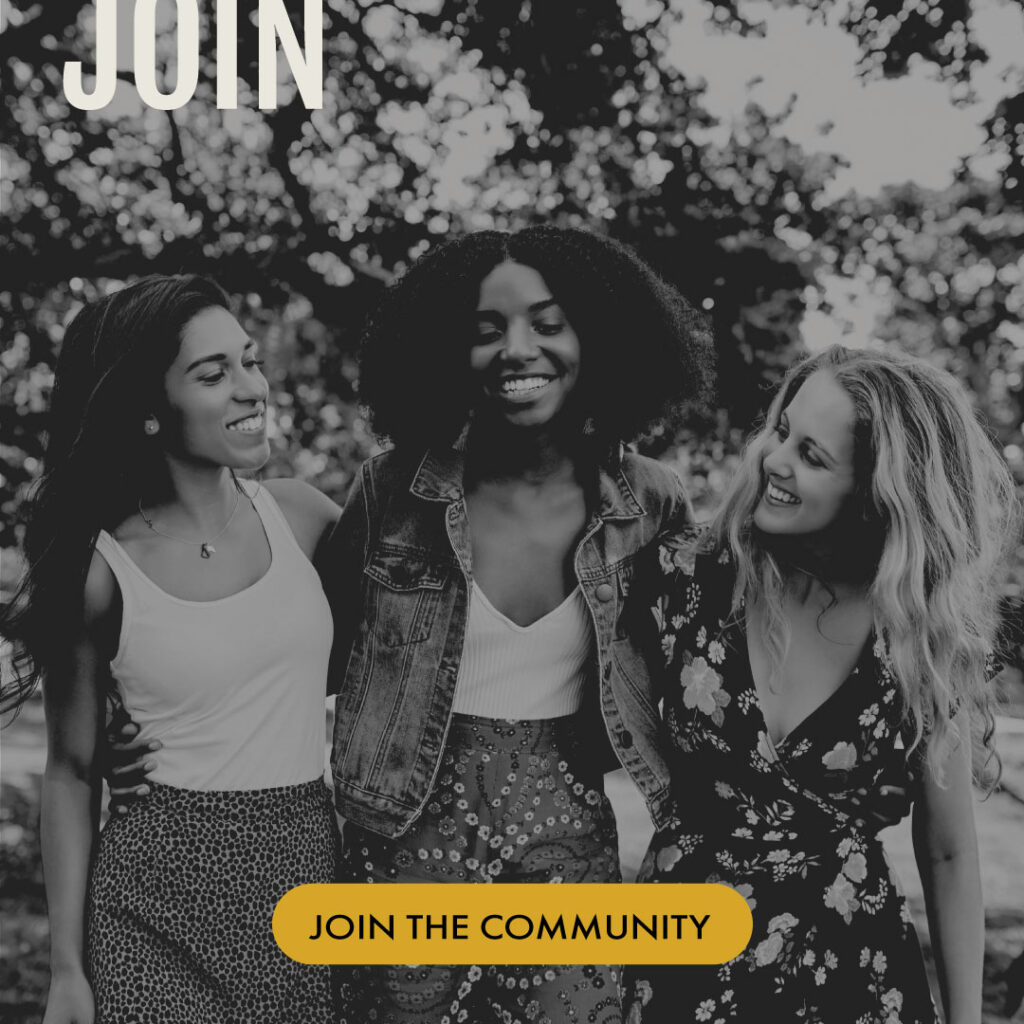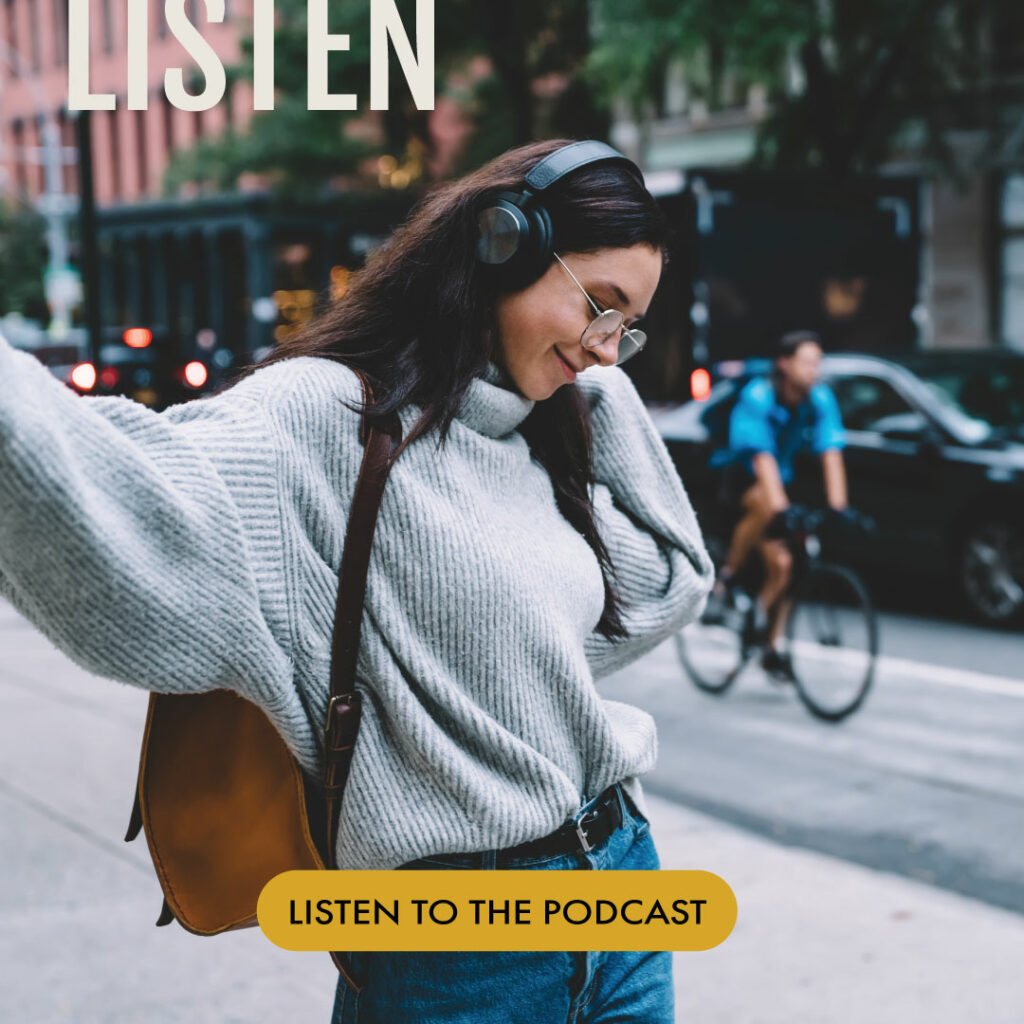Ever have those moments where you just can’t seem to squeeze any creativity out of yourself? That was me this weekend.
Whenever I tell people I’m a “writer,” images of scribbling away old school style inside a Moleskin journal with La Vie En Rose playing softly in the background whilst gazing wistfully out the window start to fill their heads.
Yes, I am beyond grateful that this is something I can actually do for work. I love deriving meaning from the mundane and symbols from stories. And yes, that image of 40s jazz music playing softly in the background is usually true (well, jazz or Royksopp if we’re being honest here). I’m a very lucky gal. That’s not lost on me.
But when I’m staring out the window, it’s not because I’m looking at any one thing in particular. It’s more that I’m getting overwhelmed by my thoughts and trying hard to thread them together. And although I’ve got my Moleskins for personal musings, it’s a blank computer screen that’s usually in my lap, and it’s usually growling and nagging at me to FILL ME UP, LAZYASS! instead of softly beckoning me to scribble away.
It’s this exact point that the Impostor Syndrome goblins starts to claw at my window and I need to do everything in my power to not let them obstruct my view. Because whenever they do, that creativity squeezing starts. And whenever they do, I end up searching for answers.
I end up staring out that window for way longer than intended – because I know that if I take the easy route and Scotch-Tape together whatever Impostor-Syndrome conclusions I draw and press “POST,” I’ll regret what I’ve shared.
~
With each app release and Facebook redesign, we’re becoming more and more tolerant of “over-sharing.” Not immune, but the line between average sharing and over-sharing is becoming increasingly blurred. If I don’t think it’s too much, than no one else will, either, right? We all want in on the action, “the action” being the idea that we’re all out there doing monumental things on a minute-by-minute basis.
Social media – whether it’s Instagram, Tumblr, or good old blogs – are self-curated highlight reels. Too much focus on anyone else’s highlight reel, and that’s when the problem starts: we begin to manufacture our own.
In the best light, this could be seen as intense gratitude for the micro moments. However, my hunch is that’s not the case. We’re pack animals. We don’t like the idea of being left behind. And so, whether it’s a conscious or unconscious choice, we throw our voice into the mix and we put our moments into the pile, all as if to say that Yes, we’re worthwhile; Yes, we matter too.
Oh, and that’s in addition to the fact that the entire internet is basically feasting on our opinions, hungry to feed its algorithms so it can become smarter, faster, and more adept at predicting what exactly we’ll say, buy, and do at any click. It’s set up to make us want to share.
In this type of climate, it begs the questions: How do we choose what to share, and what to share mindfully? How do we make the distinction – especially when we’re all surrounded by so much noise telling us to LIKE, POST, and SHARE the day away?

I’m a pretty open book, both on WANT and IRL – but I’ve set some ground rules for myself along the way. I ask myself five specific questions whenever I’m faced with the decision to share or not share, post or not post – even talk or not talk.
FIVE QUESTIONS FOR SHARING PUBLICLY:
1) Is it personal, but not intimate?
Every week, without fail, I’ll write something and I’m asked how I do it. How I share so much of myself, get vulnerable, put my life out there so openly. Let me be clear, though: my life isn’t out there. Yes, I’m transparent and yes, I share a lot. But I don’t share everything.
When it comes to moments I share, either on WANT or on social media, I only post what is personal – never what is intimate.
What’s the difference?
“Personal” means having to do with who and how I am in my everyday life, not some veneer I’m putting on to fit someone else’s standards.
“Intimate,” however, means those things that I hold closest to my heart, that happen behind closed doors so to speak, or details behind the personal instances of my life.
When we think of intimacy, a lot of us jump to anything sexual – but intimacy is far more than that. To me, things that are “intimate” include details about my relationships: family, friends, romantic, my own deepest current struggles (more on that later). I talk about these relationships publicly in a personal way, but I would never share anything that defies that sacred closeness of intimacy – from details of a conversation to details of a fight to secrets confided to gestures meant just for the moment.
Example: Besides the occasional mention in a post or on the podcast and a photo here and there, there are actually very few mentions and details about my relationship on the internet. To me, that’s a non-negotiable “intimate.” Who I am out in the world is definitely directly affected by my person, but who we are as a team is reserved just for me and my closest circle, or even just me and him.
An important note is that my barometer of what is personal and what is intimate is always changing. You don’t need to strictly adhere to whatever your definitions of “personal” and “intimate” are. But know your lines and know your limits. And whatever they are in the moment, respect them – because respecting them means respecting yourself.
2) Is this my story to tell?
We’re all subjective: we only know our own experience of the world around us. And so when it comes to talking about someone else, I’m always very careful to share only my OWN perspective. Not just because I can only share my own perspective – but also because I don’t know where other people’s boundaries lie.
Even if I’ve been let in on some piece of information or nuanced detail, I know that everyone is not as open as I am, and definitely has a different perception of what is personal vs. intimate. To share even photos of people who don’t usually share publicly can seem like a violation to them. I have NO CLUE how someone else feels about their story being shared – so I only tell my own.
Bonus points: this also keeps me in check by not defining my own story by someone else’s. I am the only one responsible for my own truth.
I am the only one responsible for my own truth. Share on X
3) Is it promoting what I love instead of bashing what I don’t?
Whenever people ask me about how to build a community – whether it’s a friend circle, class, online platform or otherwise – I always tell them they MUST be intentional about the kinds of people they want to attract. Not in a “I’ll-put-it-out-in-the-universe-and-manifest-that-shit,” kind of way – in a “I’m-going-to-act-like-the-kind-of-person-I-want-in-my-life” kind of way. And for me, that starts with respect, kindness, and proactivity not reactivity.
It can be so easy to bash what we don’t like or use public forums to vent our frustrations. It makes us feel better to get it “out there,” even moreso to get validation from others. Yes, I feel this way too! No, don’t be silly! Even engaging in arguments can be a sort of cheap thrill, fighting your point over and over to constantly reinforce (in your own mind most of all) that Yes, I am correct, Yes, I’ve been wronged.
The problem with this is that you are what you put “out there.” Leaning on the crutches of your own victimization? You’ll attract folks who want to play the victim right alongside you. Defining yourself by your past mistakes instead of your future motivations? Welcome to Guilt Trippees Anonymous. Like attracts like, and while you might HOPE to ignite change and inspire action, the only way you can truly attract people interested in the same is if you lead by example.
This third point is a huge, huge reason why I started WANT and why it takes me forever to write content: I have made a pact with myself to be overly mindful of what I say and how I say it. If WANT is truly solution-oriented, then airing my dirty laundry in public not only goes against my entire identity, but creates community around it. If I am truly interested in change, then I must resist the temptation of the drama that going in circles around the status-quo creates. If I want to introduce positive, proactive women to one another, then I need to be that person first and foremost. I won’t be for everyone, but I will be for the people I want to attract into my life.
I won't be for everyone, but I will be for the people I want to attract into my life. Share on X
4) Am I over the hump, or am I still in the work?
I remember becoming obsessed with anonymous message boards and online forums all about health and “wellness” advice – this was a decade ago, when I was at the peak of Orthorexia. I followed women who mirrored my way of life at the moment, who made me feel okay restricting certain food groups and counting macros like it was my destiny.
And then one blogger I followed came out saying she had a disorder. Then another. Then another.
The anonymous advice forums kept on going.
Slowly, ever so slowly, I realized we were all been keeping each other in a loop of sameness without even admitting to one another that we had problems. We were giving advice without ever having reached any sort of success ourselves. We were putting structure and steps to our disordered ways and unknowingly masquerading them as “progress.”
I am not in the position to offer advice or “words of wisdom” on things I haven’t yet worked through myself. The very last thing I would want is for some woman to read my work and take advice to heart that I cannot even stand by yet.
The second I stepped away from those forums and started to take advice from women who had actually succeeded in their journey of self-love was the moment I was able to shift into that space for real, too. Never, never, never again will I ever assign systems and solutions to something I can not take a step back from, look at from afar, and say, Yes, I’ve been there and am no longer tied to the circumstances of the event. I am no longer affected by what will happen, because I’m already way past the outcome.
I am no longer affected by what will happen, because I’m already way past the outcome. Share on X
5) Is it focused on ME…or WE?
I’ll sometimes get a call from a family member (usually my mom, hi mom!) asking about something I’ve written. They pause. There’s worry in their voice. I can hear them raising their eyebrow all the way to the moon.
As I explain to them, just because I’ve written about something personal and tough doesn’t mean it’s bad or all-consuming. Exactly the opposite, actually. If it WAS bad or all-consuming, then I promise you, you wouldn’t be reading about it.
When I am writing about a personal experience, I always ask: is this simply self-serving, or does it serve a greater purpose? Am I venting right now, or is there a lesson in here for someone else?
I don’t know how to write anything without including some sort of personal story or experience. That’s just how I work. However, my goal is always to use the story as evidence to support a greater purpose. It’s not about me anymore. It’s about WE. It’s about US.
One important note: The secret to ME vs. WE is to not only be confident in everything you DO know, but just as confident in everything you DON’T. When we’re focused on ourselves, it can be tough to admit we’re not sure about something…so we pretend to know it all. We pretend to be experts. Mindful sharing – and connection, natch – comes when you can say Yes, I know what I know, Yes, I know what I don’t know, and YES, I stand behind my words as evidence to support a bigger, more inclusive lesson.

What I realized during my creative block this weekend was that I was trying to finagle a story out of an experience I wasn’t yet over. My brain is currently preoccupied by thoughts of a huge impending life shift. I simply cannot write about how to work through that preoccupation from a truly informed, lesson-learned perspective. And I was trying to. But just because I don’t have the solution yet doesn’t mean I’m any less worthwhile or that I don’t matter too.
Sometimes we feel the need to have all the answers – to be able to speak on every experience with a firm opinion or a place of wisdom. I know I do.
It’s in those moments we’re most tempted to share; covering up the fact that maybe we’re on shakier ground than we’d like to admit, or aren’t quite as far up the staircase as we’d prefer to be.
But sometimes, the most important thing we can do is just live it all out. Not every experience has to be for everyone at every moment. Some moments are meant for us alone. No matter what those Like-Comment-Share buttons might want us to believe, to really BE in those moments instead of broadcasting them is not being selfish or guarded. It’s just. being. self. aware.
The words will come later, if they’re meant to come later. But for now? Close the laptop, turn up the jazz, stare out that window, and instead of trying to pry it open – allow your story to unlock at its own pace.

Allow your story to unlock at its own pace. Share on X
WANT YOURSELF:
These are my five rules – now I’d love to hear from you: Do you have similar ways to gauge what you do and don’t share publicly? What’s worked for you, and what hasn’t? Tell me in the comments, and let’s get this discussion going – the internet isn’t going away any time soon, and neither are ways to share ourselves. The more we help each other out, the more ways we’ll have to be able to share mindfully.




I love this! Thank you for sharing – I’ve been struggling with some gnarly writer’s block for the past couple weeks and have been procrastinating with “researching” online. Really I just haven’t wanted to sit down and try again because nothing’s been coming to me!
Something else that has been a bit of a road block for me is identifying my authentic voice vs. what I think people will like or will sound interesting. I’m just getting back into writing for an audience after a big big break (years!). I thought I was pretty self aware and knew my voice, but I keep finding myself rewriting my original thoughts and words to sound more like other things I’ve read. Do you have any advice for that or have you come up against that? How do you stay true to your voice with all the external influence and inspiration out there?
Ooh, Chase, good questions. Who hasn’t tried to emulate the voices they admire, either personally or professionally, out loud or in writing? The line between inspiration and emulation is a fine, fine one that requires self-imposed boundaries.
Whenever I find myself acting like – in this case, writing like – other things I’ve read, I ask myself the hard questions. Am I BEing myself….or am I TRYing to be the “myself” I think others will like and accept? Am I doing an impression, or being the person I am in both my high highs AND low lows? When we’re expressing something for the first time, something we’re unsure of, something that hasn’t been out in the world for a long time, or we’re coming back to something after a while (in your case, a few years), it can be extra uncomfortable to put our voice and opinions out into the world. We’re out of practice, and we’re worried we won’t be accepted or understood. Emulating something or someone that’s ALREADY been accepted and understood by a larger audience is a lot safer, but a LOT less fulfilling. And when the impressions stop, we’re left wondering who we really are and what our voice REALLY sounds like – which makes us feel even worse.
Even if it’s scary, write like you speak and write like you think. If you find yourself doing rewrites to sound like someone you admire, ask instead WHY it is that you admire that person’s voice. Is it because of the introspection? The humor? The word choices and phrasing? Maybe pinpointing why it is you admire the voices you admire can help you break through your own barriers. I’ve got some pretty badass women in my life who I admire (from a writing perspective), and each time I read something they’ve written it reminds me that I love it when I get to know who someone is through the words they choose. It gives me confidence to let others know who I am, too…instead of hiding behind an impression of someone I’ve gotten to know.
It takes practice and can be super uncomfy, but please know it’s a process – and styles always change slightly. I’ve been writing (for an audience) for 7 years now. My first few years were SO uncomfortable, but so fulfilling. My writing has evolved along the way, but that doesn’t mean any one piece or essay was better or worse or real or fake – it was all good and all real. I’ve just shifted throughout the years…and have become more and more curious, which means I dive into more topics and stories and ideas with more confidence. The more you do it, the better it feels to get out there. I believe in you!
xo,
Katie
You’re the best Katie.
Back atcha 🙂